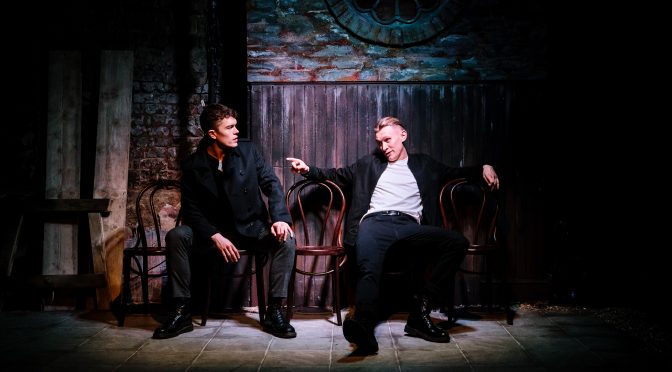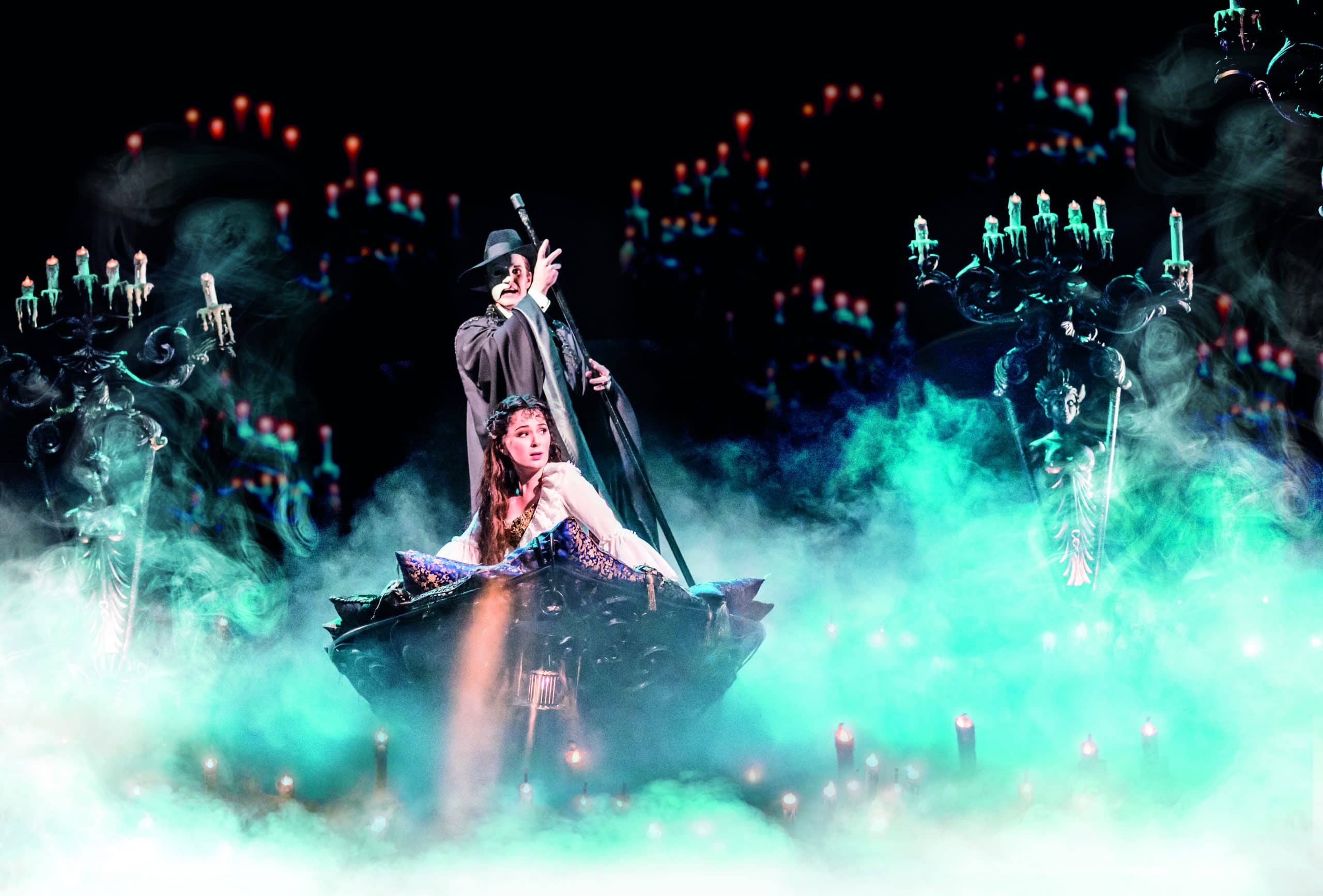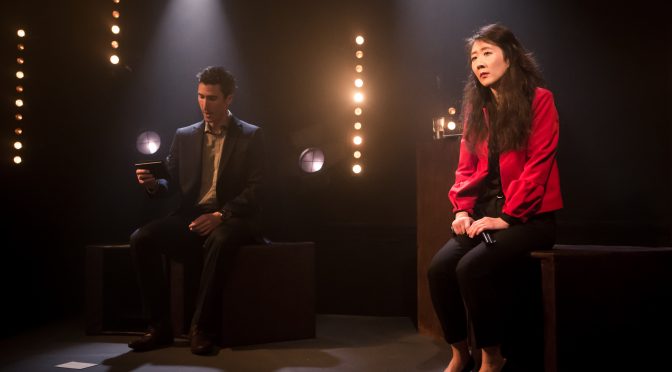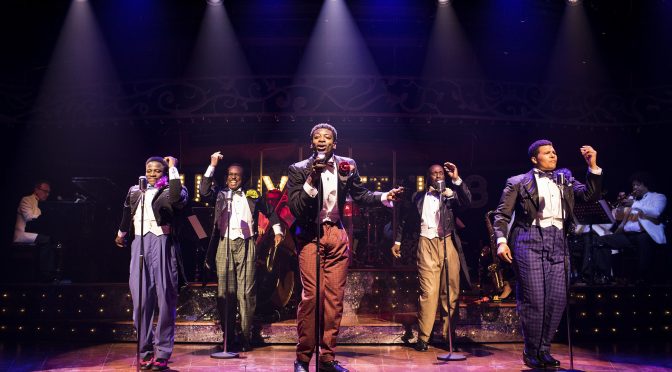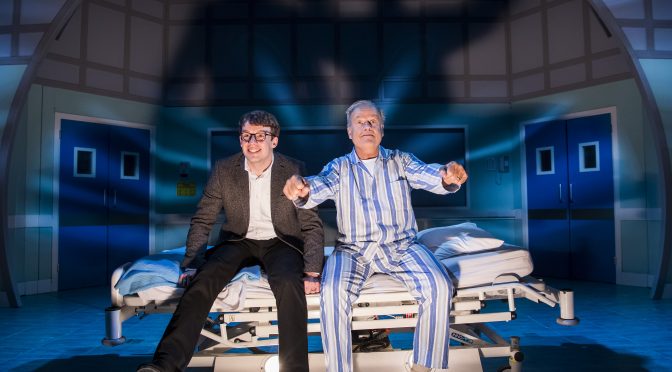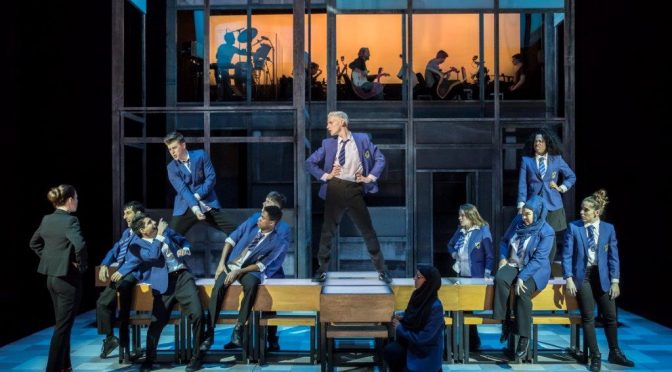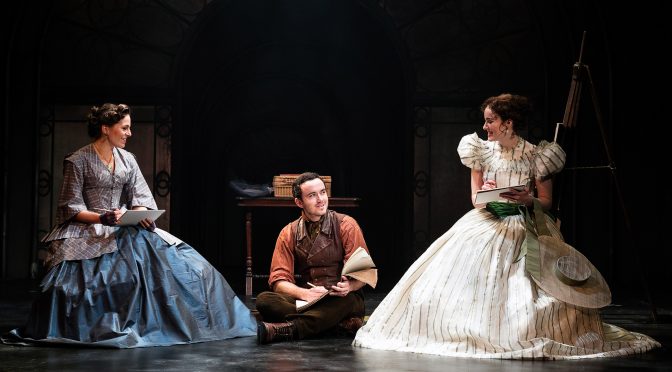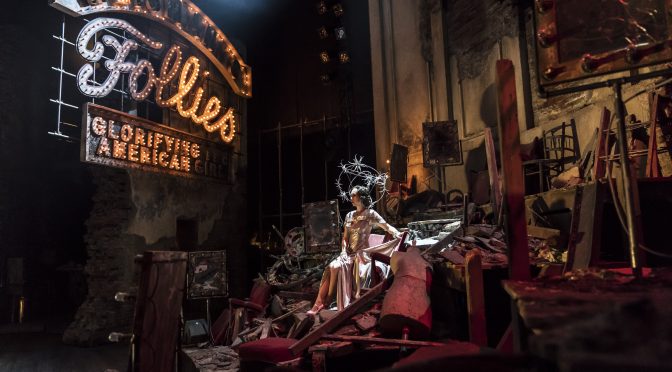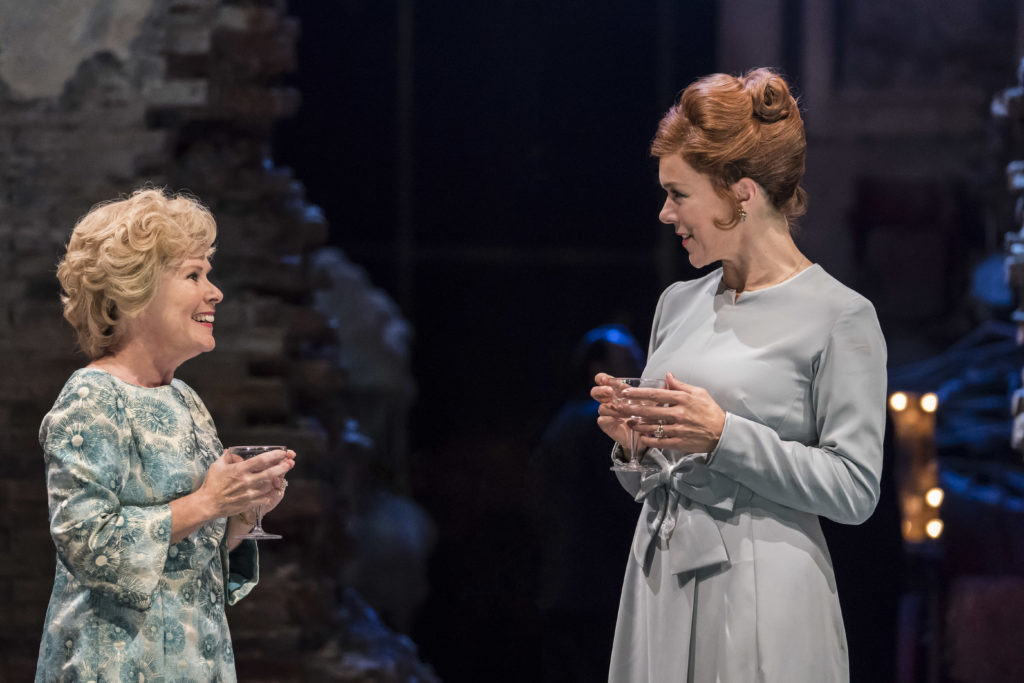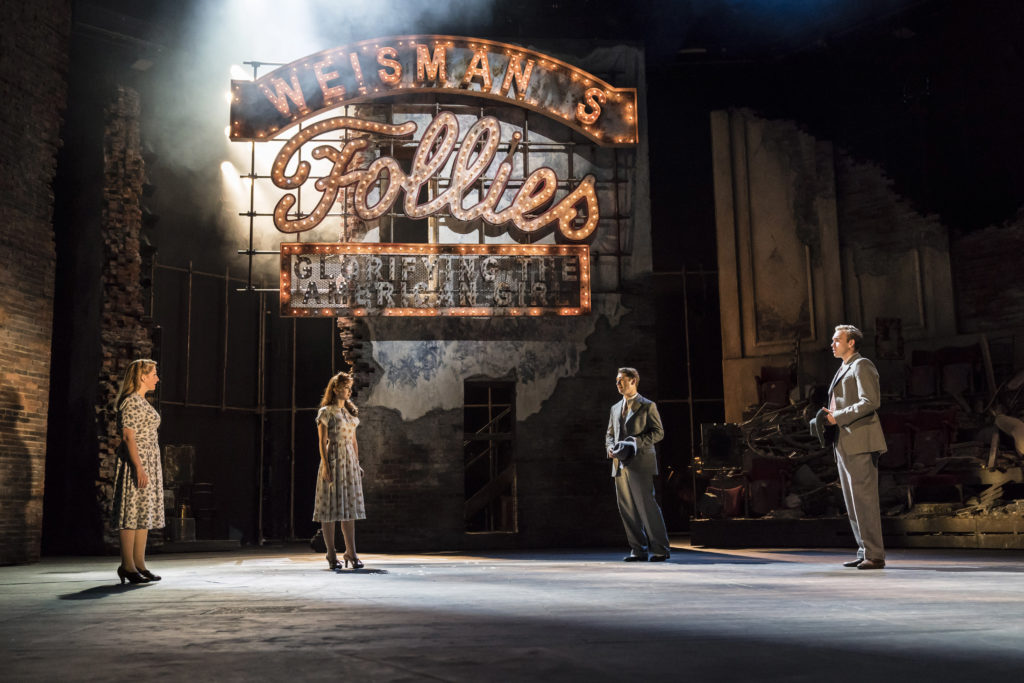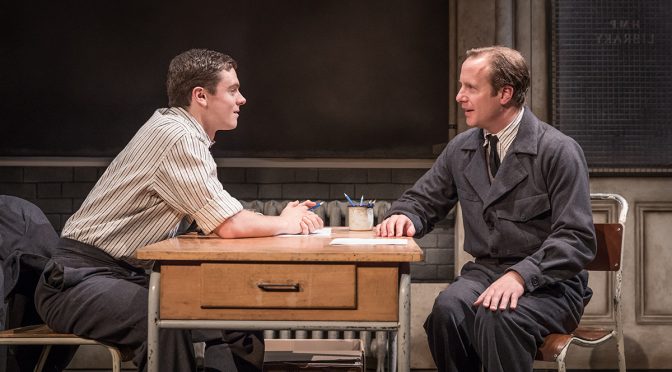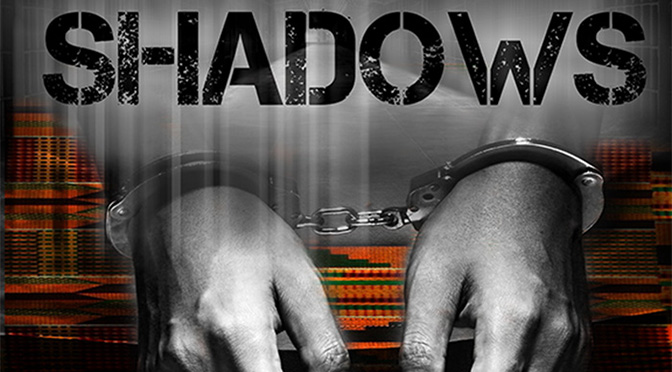This is a play for the more adventurous. Steven Berkoff’s East returns to its original London venue after 43 years and, courtesy of its clear influence on in-yer-face theatre, feels startlingly contemporary. With meta touches and strong physical performances, including plenty of mime, there’s lots to excite anyone with a keen interest in the stage.
A paean to life in working-class London, Berkoff presents an impressive psychogeography for a quintet of characters. The violence, racism and antisemitism exposed are all unpleasant. But I suspect the sexism here will upset the most. Even when celebrating sexuality and enjoying a crude, ruthless satire, the objectification of women is relentless.
With Berkoff’s reluctance to embrace a traditional narrative, scenes are told and retold from different perspectives. The time of the action slips mischievously between the 1950s and 1970s with some good jokes around this potentially stuffy technique. As for the five characters – personality shifts as much as it develops. Remarkably, none of this is as confusing as it sounds… you just might not like it if you fancy a good story.
An attempt to extend the already quirky time span in the final scene is a slip on the part of director Jessica Lazar – nice try, though. And there are moments when the staging doesn’t take into account the sight lines – disappointing in such a small space. Both criticisms pale when the performances Lazar nurtures from her cast are taken into account.
Debra Penny and Russell Barnett do well in arguably the hardest roles – Berkoff seems toughest on the older generation. With youthful characters, even when unappealing, their energy is exciting: a vitality embraced by Boadicea Ricketts and James Craze, who play a couple in love (or at least lust). The play’s real partnership comes from Craze, as Mike, and his friend Les. A brilliant combination of physicality and comedy marks an astounding professional debut for Jack Condon. Casting directors don’t often get a mention, but Stephen Moore has struck gold here.
Any risk of upset through its confrontational themes or downright rudeness wouldn’t bother Berkoff – the number of expletives tells you that much. And, quite rightly, Lazar doesn’t shy away from any uncomfortable moments. Whether a string of obscenities goes too far is a matter of taste, but sheer repetition makes a couple of scenes tiresome. Overall, though, the play’s appeal rests on its language, which is full of flashes of startling brilliance. Frequently appropriating Shakespeare alongside Cockney rhyming slang creates so much depth and resonance that the “witty verbiage spewing” from every “gutter mouth” has to be heard to be believed.
Until 3 February 2018
Photo by Alex Brenner

